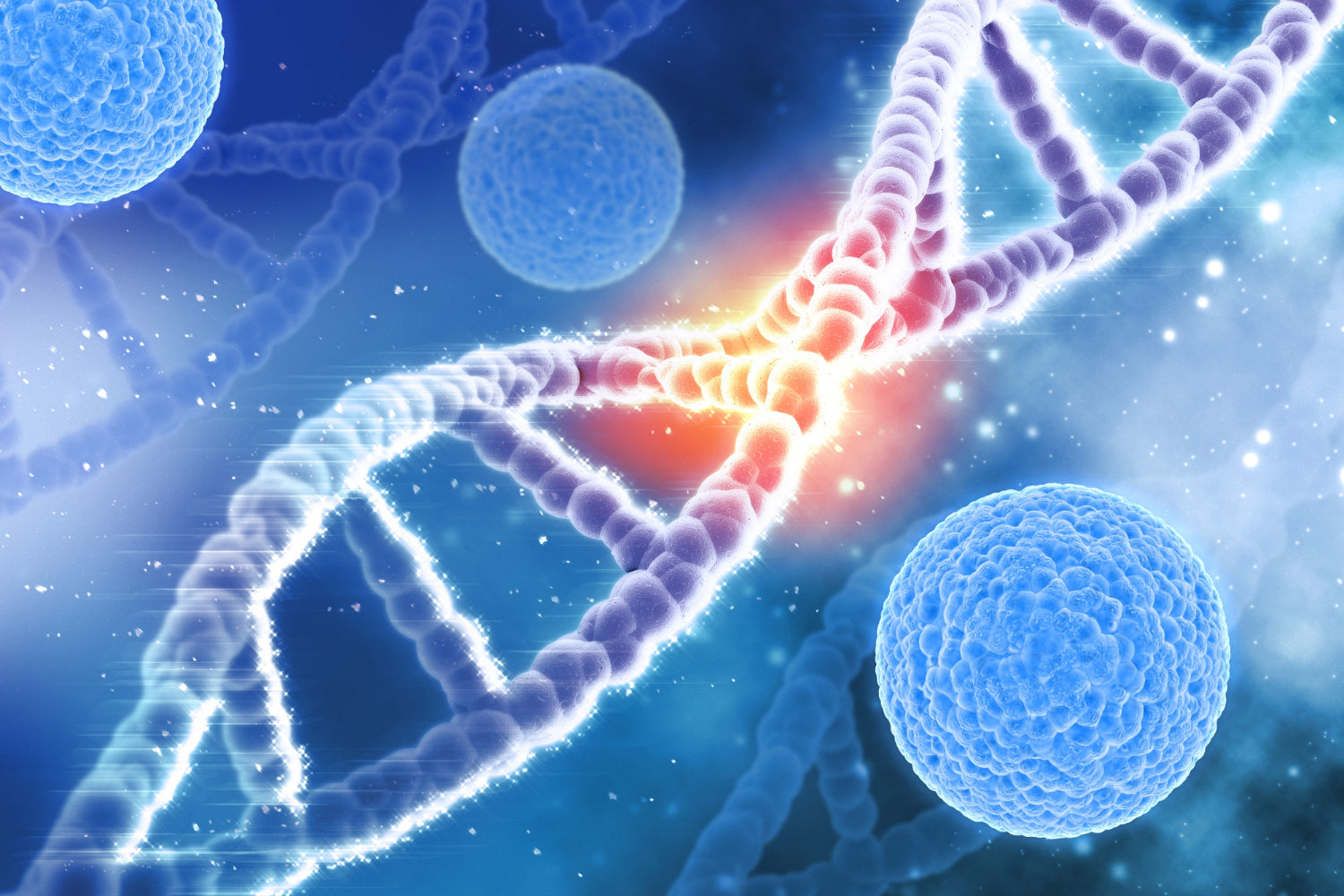The Biomarkers of Aging
Biomarkers of aging are biological indicators that reflect the underlying aging process at the cellular and molecular level. The biological age definition is a complicated and natural process that begins with changes to molecular pathways and continues with a series of degenerative processes. Damage and alterations ultimately impair cellular and tissue activities. Dementia, cardiovascular
disease, cancer, diabetes, and neurological disorders are all primarily caused by aging. Many variables have been proposed as potential causes of aging and its associated chronic diseases.
These include DNA damage, gene and non-coding RNA expression changes, genotoxicity, oxidative stress, and shorter telomeres. No one has yet succeeded in giving the biological age definition, even though many theories have been put forth to describe it. Our understanding of aging has expanded greatly, and this newfound information highlights the need for "network" aging models.
These integrative theories state that aging is best understood as a complex phenomenon involving multiple molecular and biological systems interacting in complex ways, including direct ldls. This suggests that there is likely no single, well-defined set of indications
that can be used to measure biological age reliably.
Types Of Biomarkers Of Aging
GENOMIC INSTABILITY
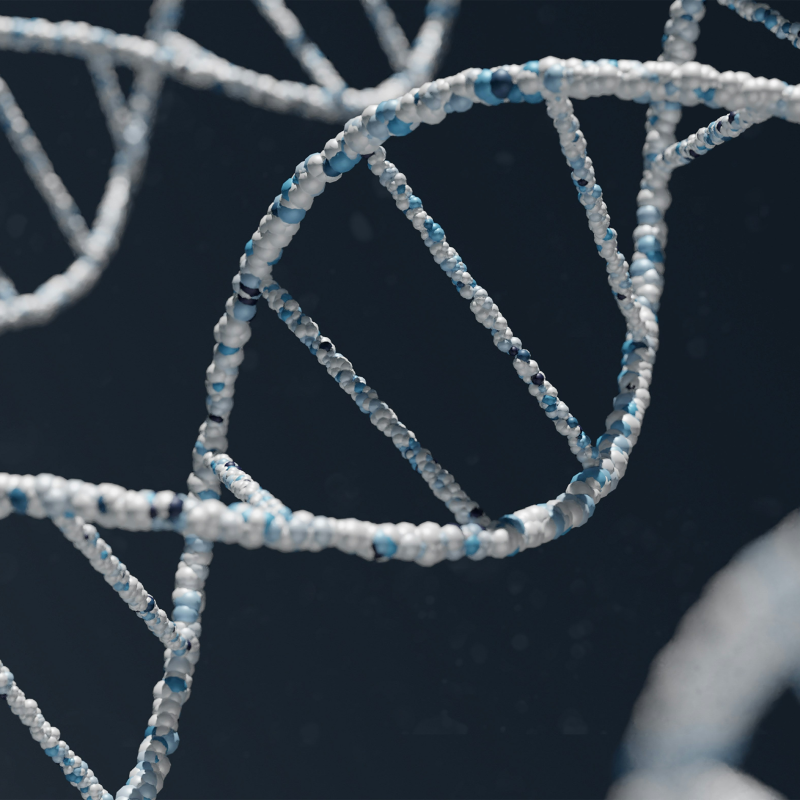
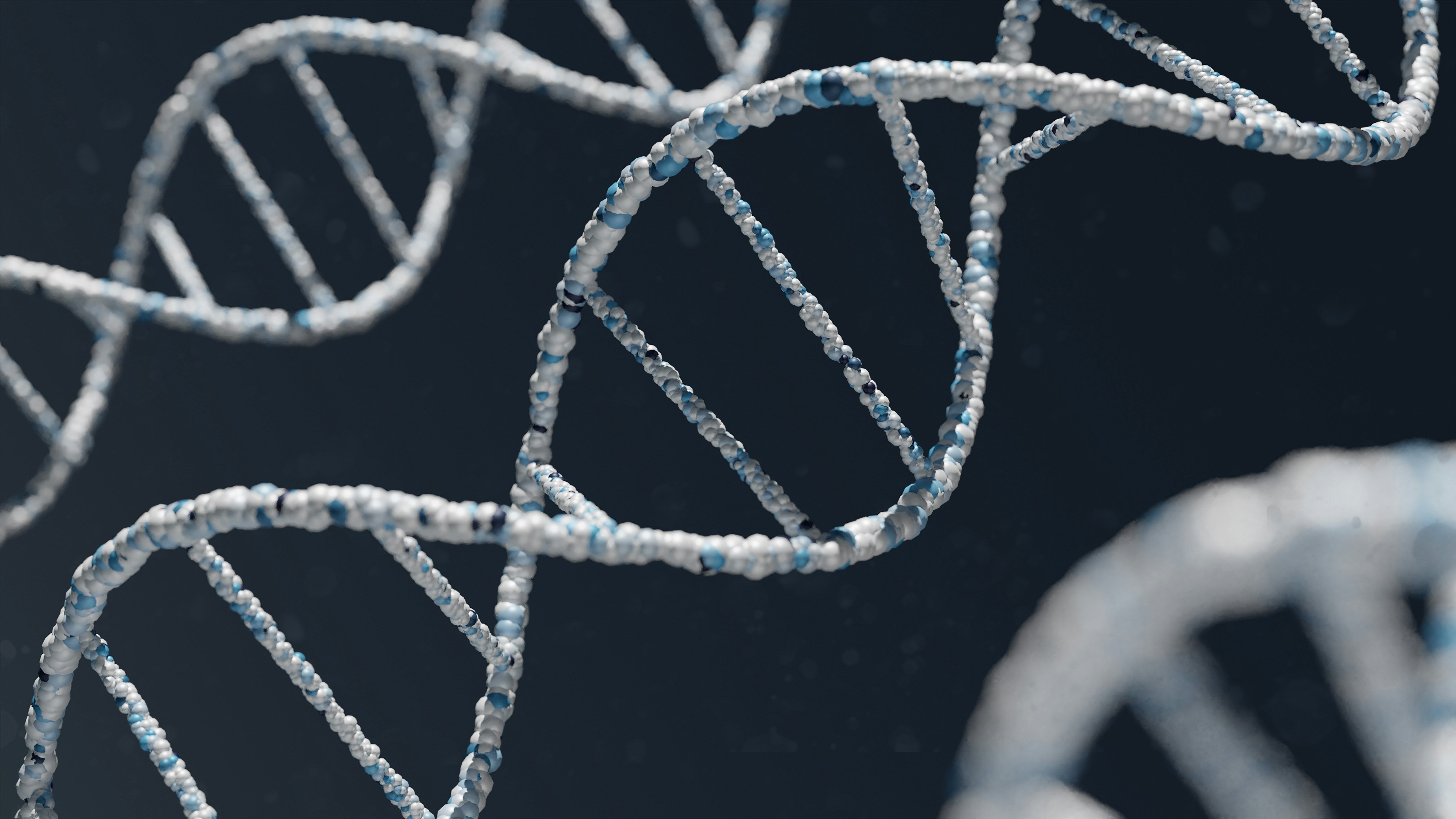
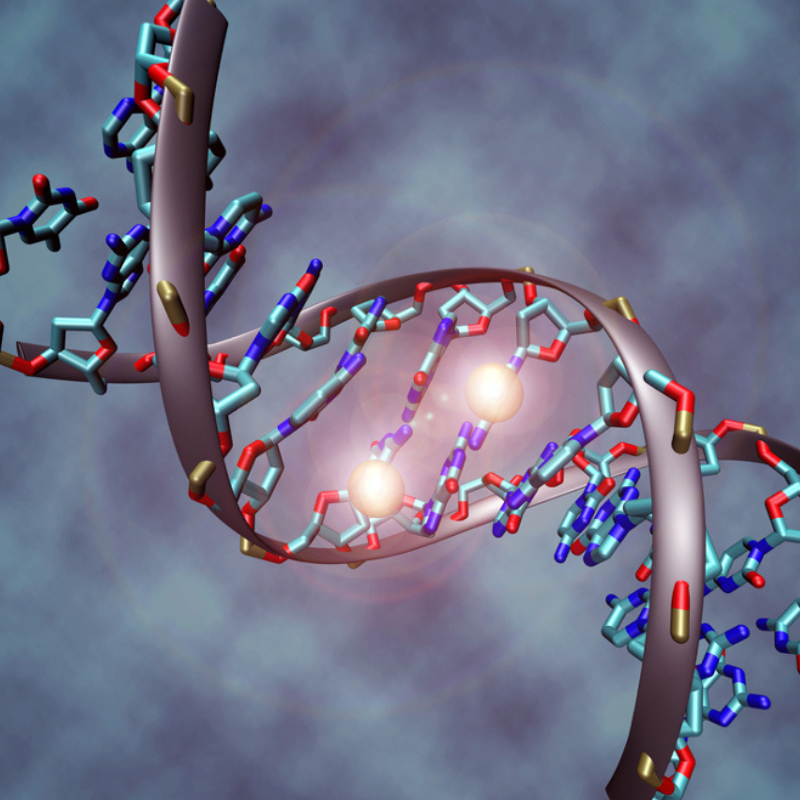
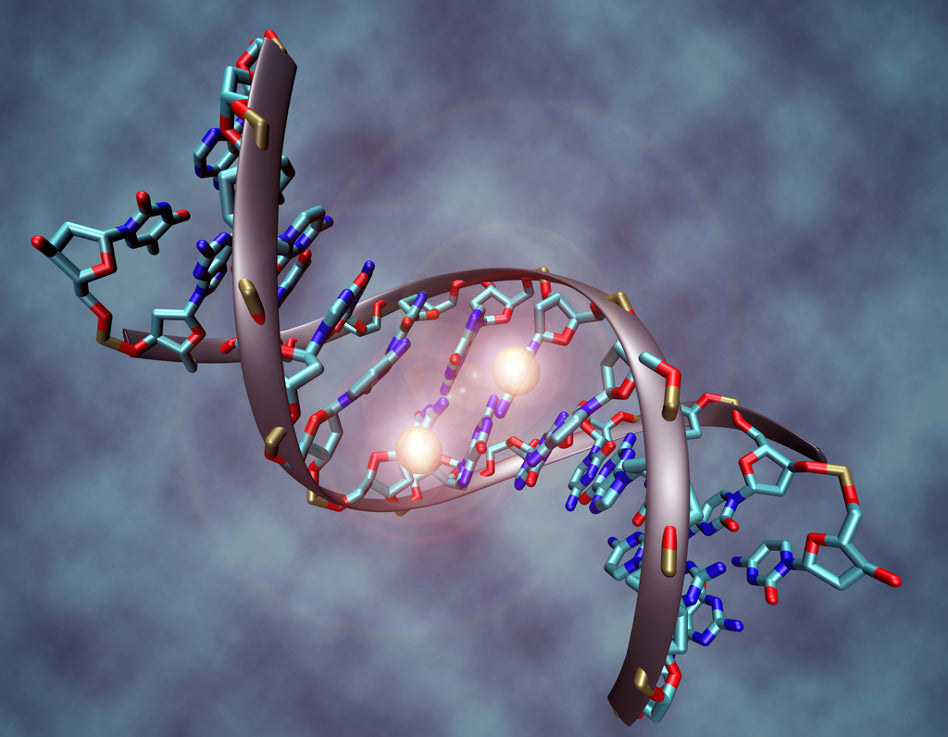
EPIGENETIC CHANGES
CELLULAR AGING
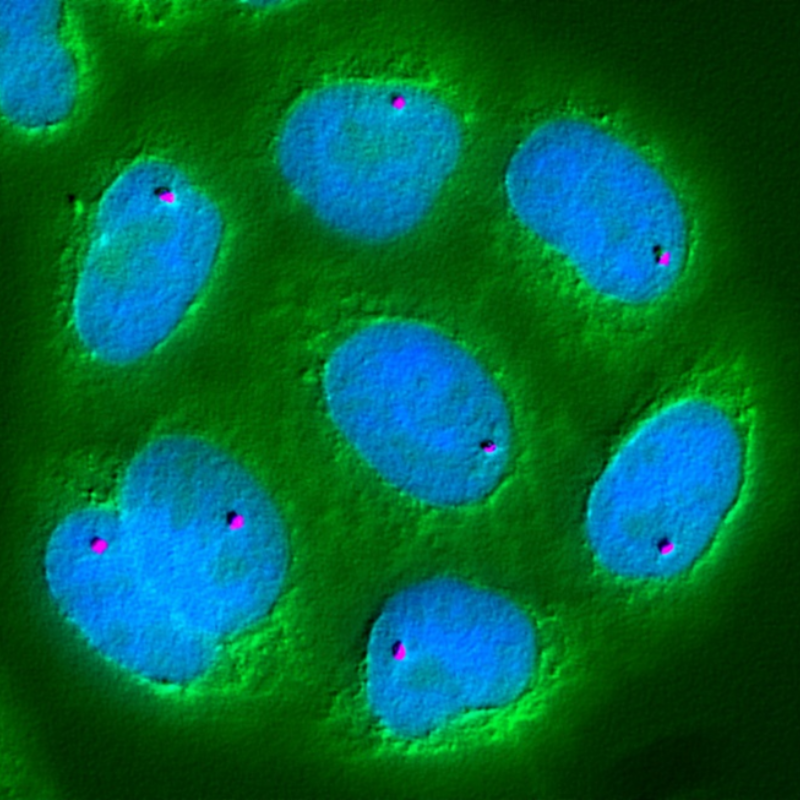

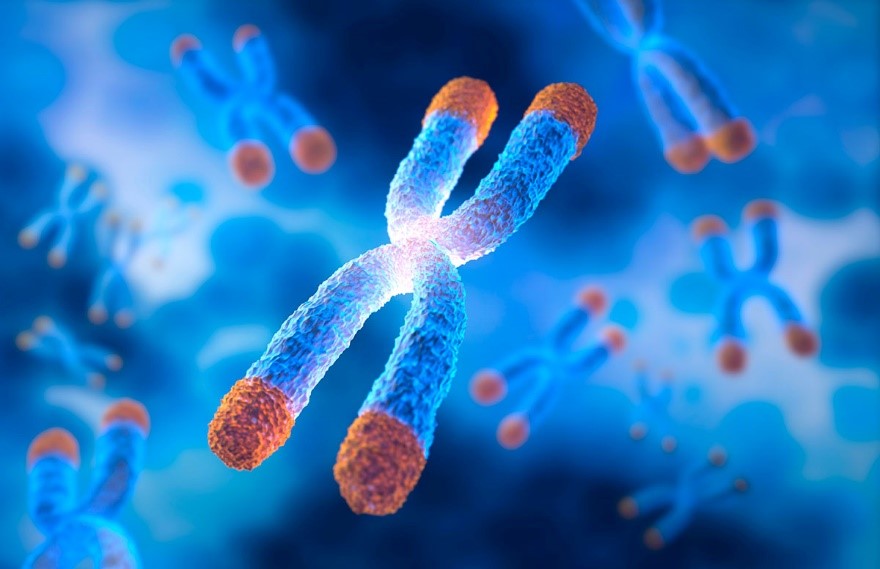

Telomere Attrition
NUTRITION SENSING MECHANISMS


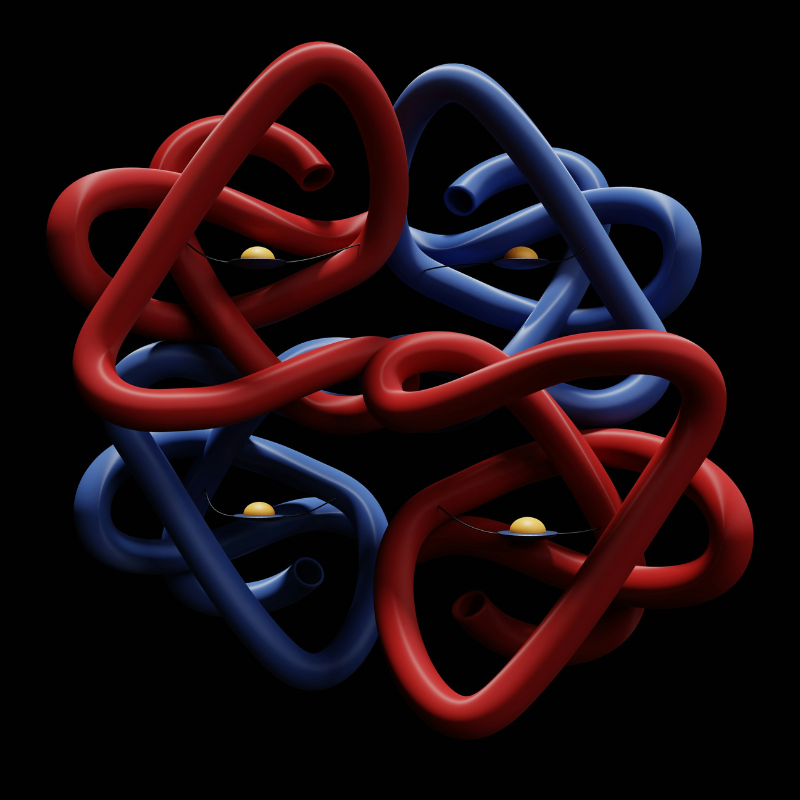

Proteomics
Stem Cell Exhaustion
